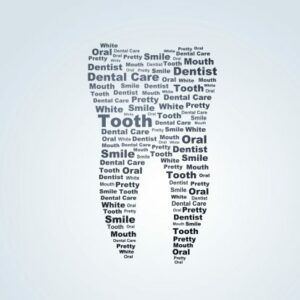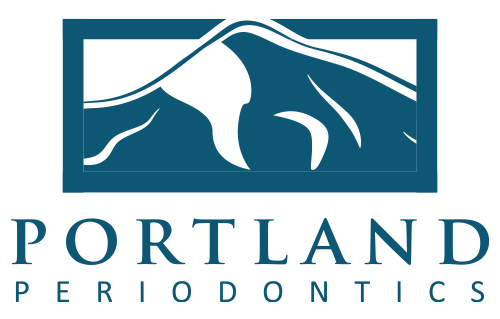Answering Common Questions About Gum Disease
 When it comes to maintaining healthy gums, we understand that our patients at Portland Periodontics have a lot of questions. A lot of misinformation gets spread around that can make it difficult to separate fact from fiction. To help all of our patients gain a better understanding of the best practices and important positions regarding periodontal care, here are a few answers to some common questions.
When it comes to maintaining healthy gums, we understand that our patients at Portland Periodontics have a lot of questions. A lot of misinformation gets spread around that can make it difficult to separate fact from fiction. To help all of our patients gain a better understanding of the best practices and important positions regarding periodontal care, here are a few answers to some common questions.
What’s the Link Between Heart Disease and Gum Disease?
A growing amount of recent research has shown that periodontal disease may actually increase an individual’s risk of developing cardiovascular disease. Both cardiovascular disease and periodontal disease – the most advanced form of gum disease – rank as chronic inflammatory diseases, which researchers believe may be what connects the two. When left untreated, periodontal disease can increase inflammation throughout the body, which may lead to an increase risk of developing other serious long-term health conditions. For more about this connection, click here to read an earlier blog post.
Are Children at Risk for Periodontal Disease?
Young children rarely develop cases of periodontal disease, and the condition is only occasionally found in adolescents. However, children need to learn about the importance of healthy teeth and gums at a young age to prevent bad oral hygiene habits from setting in later in life. Kids of all ages need to brush at least twice daily and floss at least once a day. These two simple habits can greatly reduce a child’s risk of developing gum disease and tooth decay now and when older.
Other Than Treat and Diagnosing Gum Disease, What Else do Periodontists Treat?
While most of our time at Portland Periodontics is spent treating and diagnosing patients suffering from gum disease, we also provide dental implants, dental bone grafting, and sinus and ridge augmentations. We offer gum correction for patients suffering from recession and cover up exposed root surface that can cause discomfort to hot or cold sensitivity, as well.
What are the Common Signs of Gum Disease?
Gum disease often develops silently, meaning the symptoms – especially pain – don’t begin to manifest until the later stages of the disease. However, patients should stay on the lookout for such signs and symptoms as:
- Tender, swollen, or red gums
- Bleeding after flossing or brushing, or after eating certain types of foods
- Gum that have receded away from the base of teeth, which causes teeth to appear longer than normal
- Separating or loose teeth
- Pus between teeth and gums
- Oral sores
- A change in how your teeth fit together
- A change in how partial dentures fit
If you notice any of these symptoms, patients should schedule an immediate appointment at Portland Periodontics. If you have any other questions about the causes of gum disease, please don’t hesitate to ask during your next appointment.
